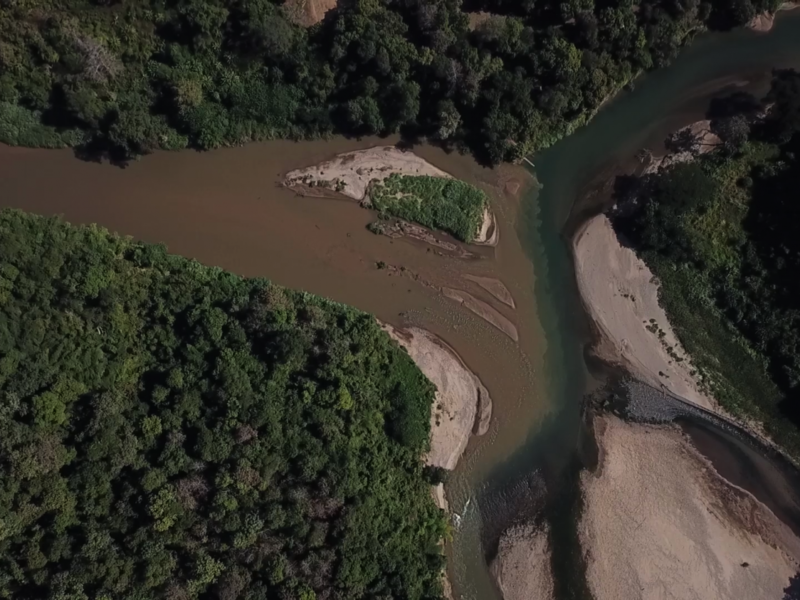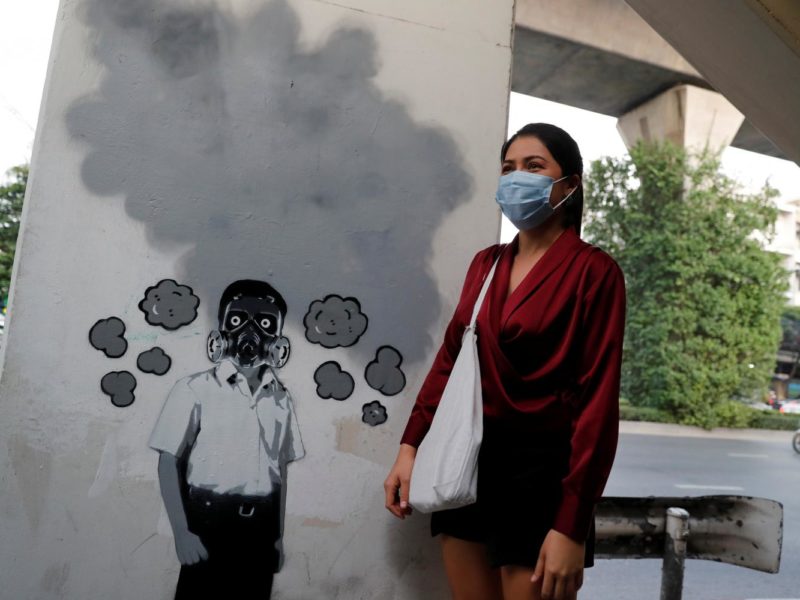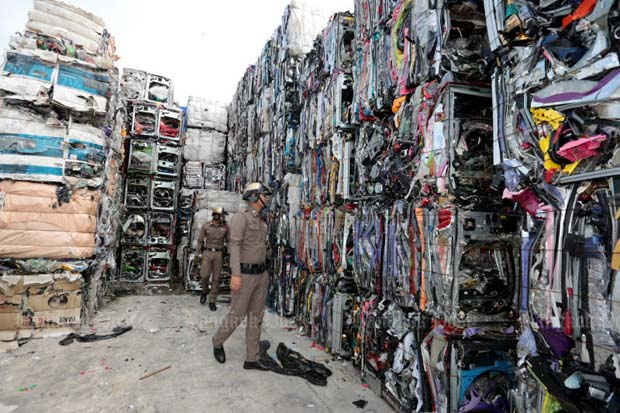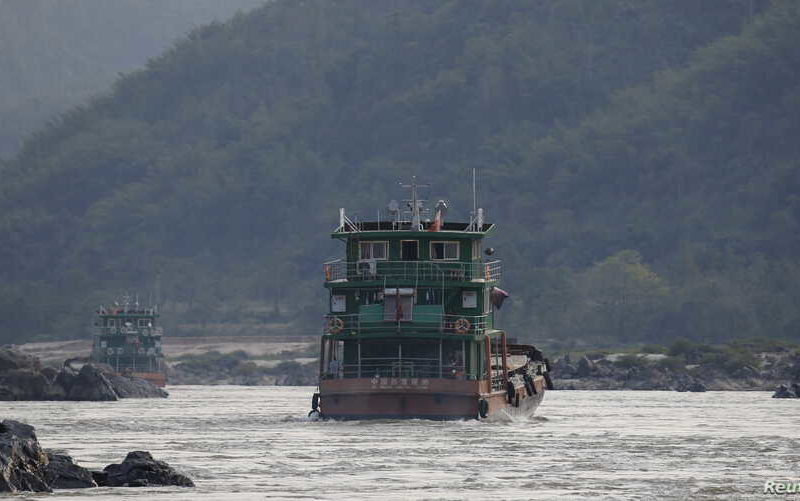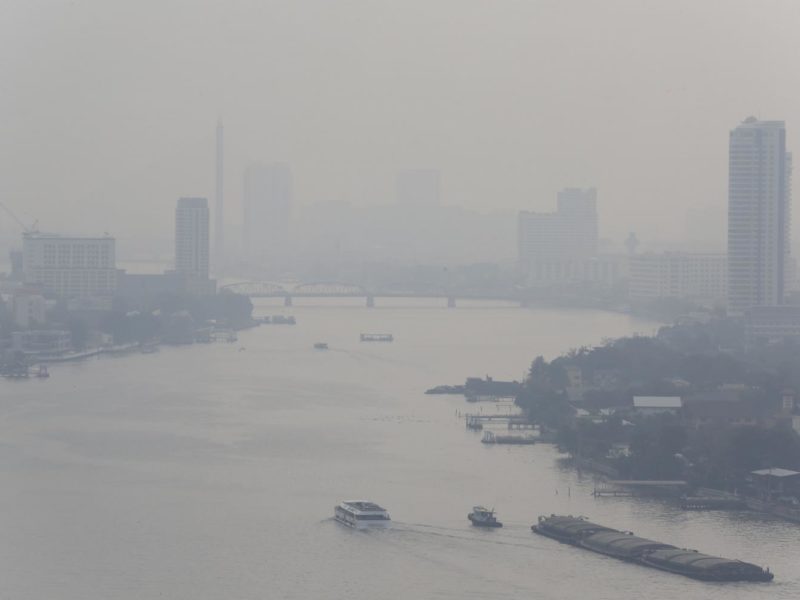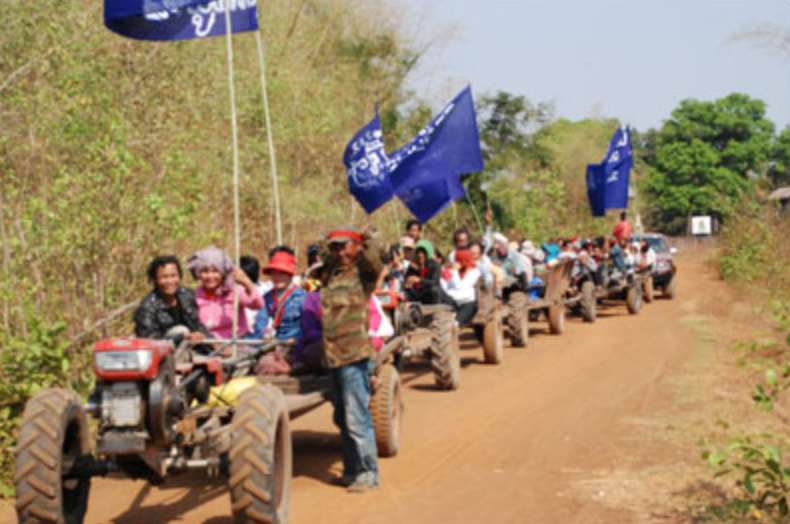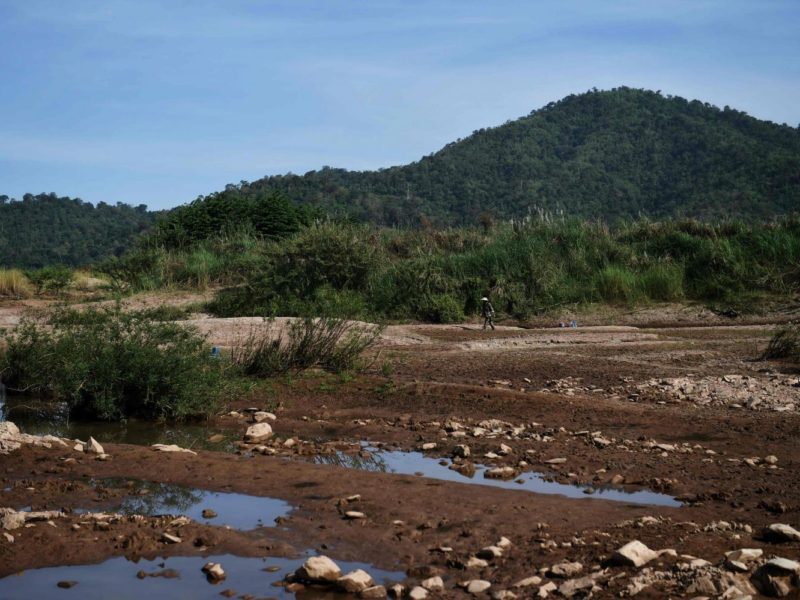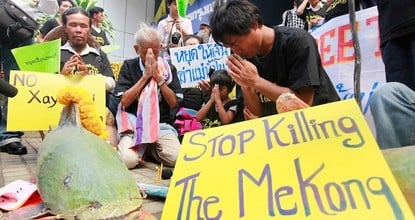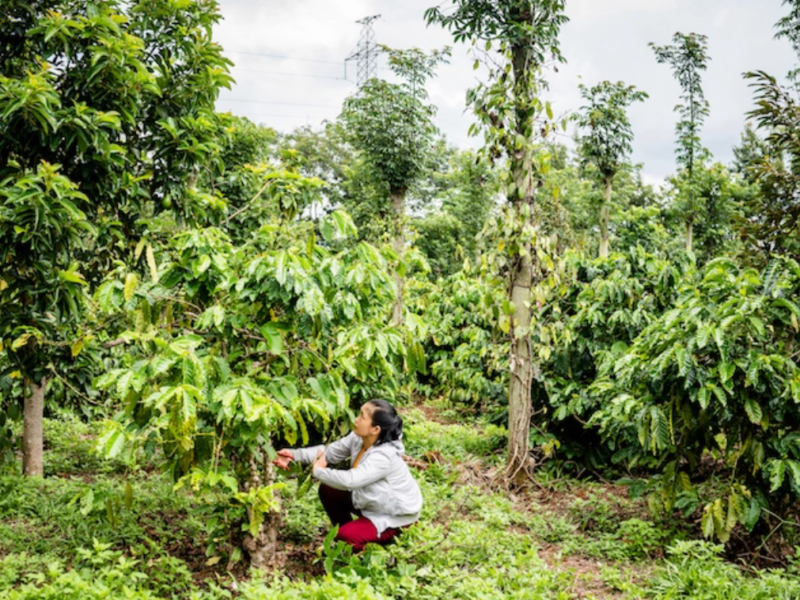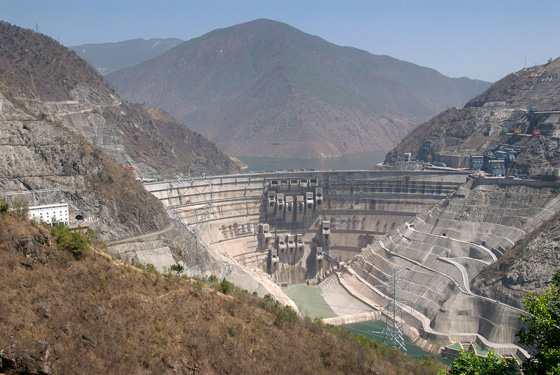Thailand’s Yuam Water Diversion Project and China’s lower estimate for building it are inevitably intertwined in the proposed development of dams in the Salween River. The vested interests, economically and security-wise, of the governments of China, Myanmar and Thailand, are also involved.
Category: Opinion
Collection of opinions relevant to the Mekong environment published in media outlets across the globe.
Fixing Thailand’s killer air pollution
The deregulation of the energy market might not be enough. To ensure a quick departure from fossil fuels, the regulations, and energy market should also open up to other energy technologies that complement renewable energy, such as energy storage systems and peer-to-peer trading.
Bid adieu to bad rubbish
It is imperative that the government strikes the right balance between helping an industry which can deal with such a pressing environmental concern — scrap shops encouraging people to dispose of their possessions safely — without promoting the import of yet more waste which causes an equal or greater amount of harm as a by-product of its processing.
Covid threat just one of many: must support pro-environment policies
As Thai authorities battle to halt a tide of infections currently threatening to dislodge a halo worn so proudly by many who thought Covid-19 had been beaten on home soil, a UN report released last week comes as a timely reminder that epidemics come in all shapes and sizes and the present Covid crisis can’t be allowed to distract from pro-environmental policy-making.
Economics of BRI & US global human rights propaganda (opinion)
Most recently, a US-based institution published a report attempting to dispute the China-proposed BRI, claiming that a hydroelectric dam in northeastern Cambodia under the BRI “has undermined the life and livelihood of thousands of local communities and ethnic minorities. Various reports verify that the Lower Sesan 2 dam project has been contributing greatly to the development of the nation and also improved the livelihood of local residents, who used to live without access to electricity or proper transport infrastructure.
Chinese dams cloud Mekong River relations
So the new Chinese ambassador to Thailand will have a challenge to prove that the countries’ friendship remains strong. He can’t just resort to diplomatic rhetoric. Of course, being dubbed as a “younger sibling” and “one family”, will make Thais’ hearts glow. Yet the proof of fraternity will be seen in the river that runs unimpeded.
Mekong talks not inclusive
Attended by officials via an online communications platform, the organisers of the MRC/ASEAN meeting have been criticised for excluding members of local communities, civil society groups and NGOs, who have criticised management of the river in the past. Without meaningful engagement with civil society groups, each meeting will be just another talk shop.
Deforestation-free supply chains in Vietnam rely on working with small scale farmers
Almost all of the forest-based commodities produced in Vietnam are destined for other countries, which through their market requirements and laws, have a growing sway on deforestation-related trends and practices.
Damming the Mekong Basin to environmental hell
For starters, by reducing the flow of freshwater and nutrient-rich sediment from the Himalayas into the sea, these mega-dams are causing a retreat of the Mekong Delta in southern Vietnam. The resulting seawater intrusion is forcing rice farmers to switch to shrimp farming or growing reeds.


